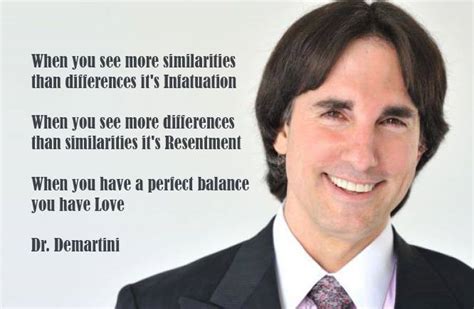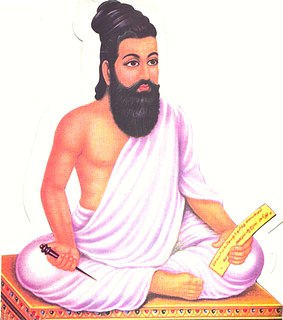A Quote by William James
It is true that so far as wealth gives time for ideal ends and exercise to ideal energies, wealth is better than poverty and ought to be chosen. But wealth does this in only a portion of the actual cases. Elsewhere the desire to gain wealth and the fear to lose it are our chief breeders of cowardice and propagators of corruption. There must be thousands of conjunctures in which a wealth-bound man must be a slave, whilst a man for whom poverty has no terrors becomes a freeman.
Related Quotes
Let us look at wealth and poverty. The affluent society and the deprived society inter-are. The wealth of one society is made of the poverty of the other. "This is like this, because that is like that." Wealth is made of non-wealth elements, and poverty is made by non-poverty elements. [...] so we must be careful not to imprison ourselves in concepts. The truth is that everything contains everything else. We cannot just be, we can only inter-be. We are responsible fo everything that happens around us.
When you read Marx (or Jesus) this way, you come to see that real wealth is not material wealth and real poverty is not just the lack of food, shelter, and clothing. Real poverty is the belief that the purpose of life is acquiring wealth and owning things. Real wealth is not the possession of property but the recognition that our deepest need, as human beings, is to keep developing our natural and acquired powers to relate to other human beings.
It is this idea 'decency' should be attached to wealth -and 'indecency'' to poverty - that forms the core of one strand of skeptical complaint against the modern status-ideal. Why should failure to make money be taken as a sign of an unconditionally flawed human being rather than of a fiasco in one particular area if the far larger, more multifaceted, project of leading a good life? Why should both wealth and poverty be read as the predominant guides to an individual's morals ?
If exclusive privileges were not granted, and if the financial system would not tend to concentrate wealth, there would be few great fortunes and no quick wealth. When the means of growing rich is divided between a greater number of citizens, wealth will also be more evenly distributed; extreme poverty and extreme wealth would be also rare.
Not understanding the process of a spontaneously-ordered economy goes hand-in-hand with not understanding the creation of resources and wealth. And when a person does not understand the creation of resources and wealth, the only intellectual alternative is to believe that increasing wealth must be at the cost of someone else. This belief that our good fortune must be an exploitation of others may be the taproot of false prophecy about doom that our evil ways must bring upon us.
The Landlord is a gentleman who does not earn his wealth. He has a host of agents and clerks that receive for him. He does not even take the trouble to spend his wealth. He has a host of people around him to do the actual spending. He never sees it until he comes to enjoy it. His sole function, his chief pride, is the stately consumption of wealth produced by others.








































